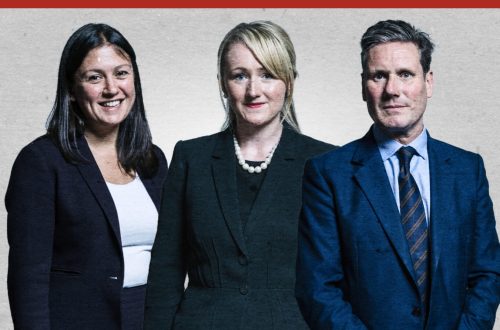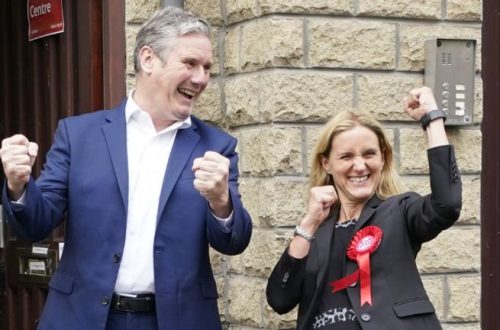The Prevent review looked pretty good on paper. Its true test, as many have observed, is how the policy is implemented.
The problem with implementation is twofold.
First of all, a large number of public servants, both at central and local levels, have now developed close working relationships with groups which a supposedly “non violent extremists” (i.e. they are supporters of political totalitarian movements and the targeted killing of civilians, but in countries other than the UK). These civil servants are highly reluctant to give up these relationships: which are the fruits of the last half decade’s work. Many remain convinced that the promotion of Islamist politics is in the interests of this country.
Secondly, there are a number of Ministers who have now themselves been persuaded that they need the help of Jamaat-e-Islami and Muslim Brotherhood activists to prevent terrorism in the United Kingdom. Theresa May and Eric Pickles are often said to be of this view. As May heads the Home Office and Pickles, Communities, their perspectives do rather matter.
So, it is worth reading Paul Goodman’s list of Thirty Questions on Prevent. Paul Goodman was the shadow Communities Secretary, and therefore takes a close interest in these issues. Here are a few of them:
It says that “the police must be careful in their contacts and accountability for police actions in this area should be strong” (p48). Is the Home Secretary content with the Metropolitan Police’s relationship with the Muslim Safety Forum, which is apparently chaired by Azad Ali, a Treasury official who used his internet blog to praise the spiritual leader of Al-Qaeda?
The report says: “Propagandists for terrorism and for ideologies taken up by terrorists should not be permitted to make use of publicly owned venues. Local authorites and others must be ready to take appropriate action.” (p53) What action will the Government take, if any, if local authorities and others are not so ready?
It says: “The Government is currently considering ways to stop children coming into contact with material of this kind [textbooks with anti-semitic and homophobic messages] in and out of school provision.” (p68) When will Ministers reach conclusions?
It says: “We judge that FOSIS has not always fully challenged terrorist and extremist ideology within the higher and further education sectors”. (p74) What level of engagement do BIS and other departments now plan to have with FOSIS, if any?
As the report says, “in 2007, DCLG facilitated the creation of a Mosques and Imams National Advisory Board”. (p81) Does the Government believe that the Muslim Council of Britain and the Muslim Association of Britain, two of the four “national Muslim organisations” to which it refers, meet its values critera (see pages 1, 34, 44 and 107)?
What were the outcomes of the 11 Charity Commission investigations in 2009-10 into terrorist-related activities, and how to the figures compare with other recent years?
Read the rest.


